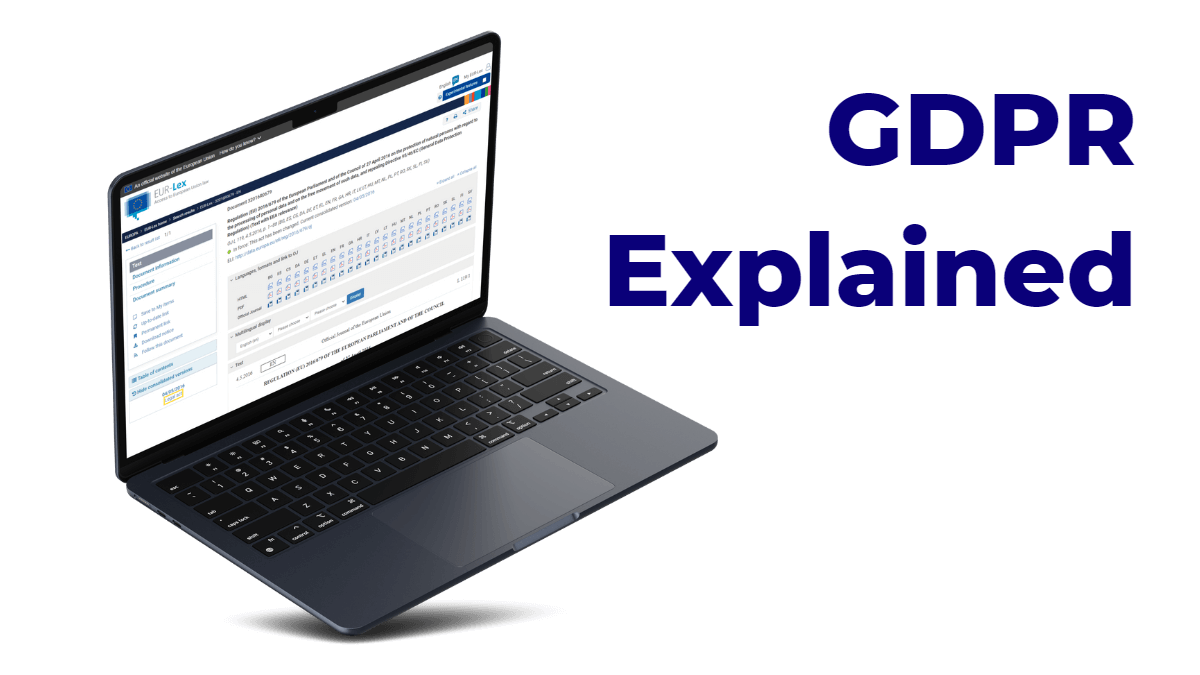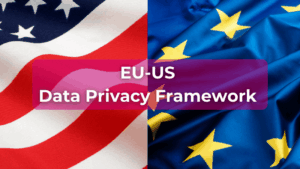The GDPR Essential Collection

Foreword by Robert Bateman:
Few laws divide opinion like the GDPR. The EU’s best-known regulation has changed how thousands of organisations do business and provided stronger rights for hundreds of millions of people.
But the law has also caused significant disruption.
Some companies are feeling the walls close in as they cling to intrusive, data-hungry practices. But others—despite investing considerable time and money into trying to comply with the law—still find the rules hard to navigate.
I’ve been writing about the GDPR for around seven years, and I’ve covered every aspect in considerable depth. The deeper you go, the more complicated the law can seem. And with new regulatory decisions and court judgments arriving every week, the complexity is only growing.
But if you write enough words on the subject, it becomes possible to explain the GDPR’s rules and principles in an accessible and practical way.
These articles provide GDPR guidance for organisations that want to get data protection and privacy right. Integrating these concepts into the core of your business can bring huge benefits and create long-term resilience. But you’ll need a clear understanding of how and why your company collects personal data—and whether your operations meet the GDPR’s requirements.
Don’t let anyone tell you that data protection and privacy are simple. Illegal use of personal data is common in the data-driven online economy. Virtually every internet user is tracked, profiled, and commoditised daily, often without their knowledge and usually without their consent.
But the tide is turning. With new privacy laws and digital regulations passing every year, businesses can gain a competitive advantage by taking a proactive approach to data protection. Plus—respecting people’s rights and privacy is the right thing to do.
Robert is an expert in privacy, data protection, and tech policy, known for his in-depth research, approachable writing, and interviews with industry leaders. His work spans GDPR, AI regulation, digital rights, and security, making him a trusted guide in navigating the complexities of data and technology regulations worldwide.








